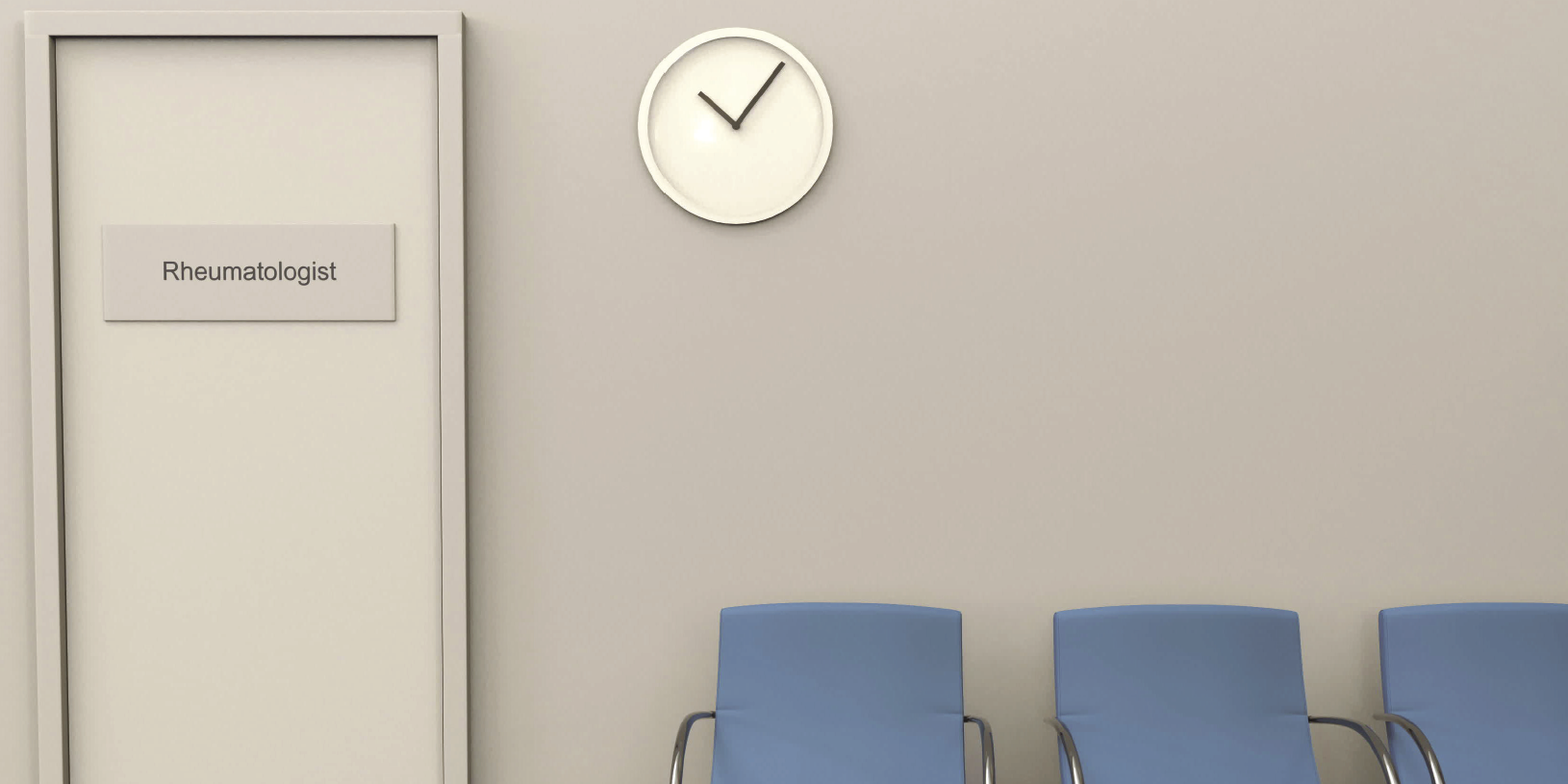Being a rheumatologist is an amalgam of detective, physician, and confidante
You have probably spent your whole adult life studying medicine and specialising in internal medicine/rheumatology.
You are in your mid 30s and thus far, have been a salaried doctor with no need to consider where your next patient is coming from and with a high degree of certainty of your annual income.
Your non-medical friends have been out in the “real” world for 10 years and are well up on the climb of their financial ladders.
This article assumes that you are not going to continue in the same economic “cocoon” that has been your existence to date but are contemplating going into private practice. I am also assuming that you are not going to join a group practice where you are not necessarily going to need to make any significant business decisions, and perhaps not even need to be concerned about where your next patient will be coming from.
Emerging from the cocoon and standing on your own is an anxiety-provoking transition.
You will probably have ongoing financial commitments – and possibly other mouths to feed. Where do you start your practice? How do you set it up? Where are your referrals going to come from? How do you optimise your economic asset (you)?
What follows have been the guiding principles that I have used throughout my career of some 40 years.
In general, it is the beginning that is the hard part. After this, it is the usual repetitive process of maintaining an efficient business structure.
WHERE DO YOU SET UP YOUR PRACTICE?
• City or country? Maybe consider a larger regional city – cheaper housing but possibly higher education costs for children and a degree of isolation but a bett er lifestyle and a lot of demand for your skills.
• Live close to where you work.
• Preferably practise near other (compatible) rheumatologists and have access to a major centre. We all deal with complex problems and the ability to easily access a second opinion is important, especially in the early years of practice.
• Especially for a rheumatology practice, your office should be readily accessible to patients: close to public transport, easy parking, lifts and ramps – avoid stairs-only access.
WHAT SHOULD YOUR PRACTICE STRUCTURE BE?
• Solo or partnership – remember that partnership is a bit like marriage – easy to get into but difficult to get out of if it doesn’t work out.
• Personal or corporate? Incorporation with or without a service company with or without a family trust (the service company can act as the corporate trustee for the trust and also a self-managed superannuation fund). This structure is more complex and more costly but offers bett er superannuation and better security of your assets. You need good legal and accounting advice.
Remember whatever assets are owned by the trust are not “yours” in a legal sense. They will not be able to be included in your estate in terms of your will – you can only will your shares in the corporate trustee (one advantage of having a corporate trustee, in addition to ongoing control of any self-managed super fund that you may set up).
THE KEY TO SUCCESS IS YOUR SECRETARY
• That person must have core att ributes of common sense, good patient-handling skills, standard office skills – everything else can be learned.
• Remember that you get what you pay for – review pay scales periodically.
• Be clear about responsibilities and limits.
A MEDICAL PRACTICE IS A SMALL BUSINESS
As the owner of the practice …
• The buck stops with you.
• Learn about small business accounting.
• You control systems setup and maintenance.
• You hire and fire staff .
• You train staff (or delegate it).
• You handle problems (in the end).
• It’s your liability re the law and Medicare – get good Medical Indemnity Insurance.
AVOID EMBEZZLEMENT
• Better to avoid temptation.
• Have an audit system – and use it!
• All staff must believe that you know what they are doing re billings and cash flow.
• Does your estimate of billings approximate your bankings?
• Watch the petty cash.
‘MOTHERHOOD’ COMMENTS
• Start out as you want to fi nish up – it is diffi cult to move your referral base from regarding you as a bulk billing specialist to private billing. That is not to suggest that you do not discount your fee where you feel it appropriate.
• Charge what you are worth – you are a highly skilled physician dealing with often complex diagnostic and management problems.
• Cash flow is not profit – don’t spend it all.
• Cash flow is everything. Don’t let patients treat you as a source of credit – request payment on the day of service.
• No one will hold a testimonial fundraising dinner for you when you retire if you have not managed your business properly.


